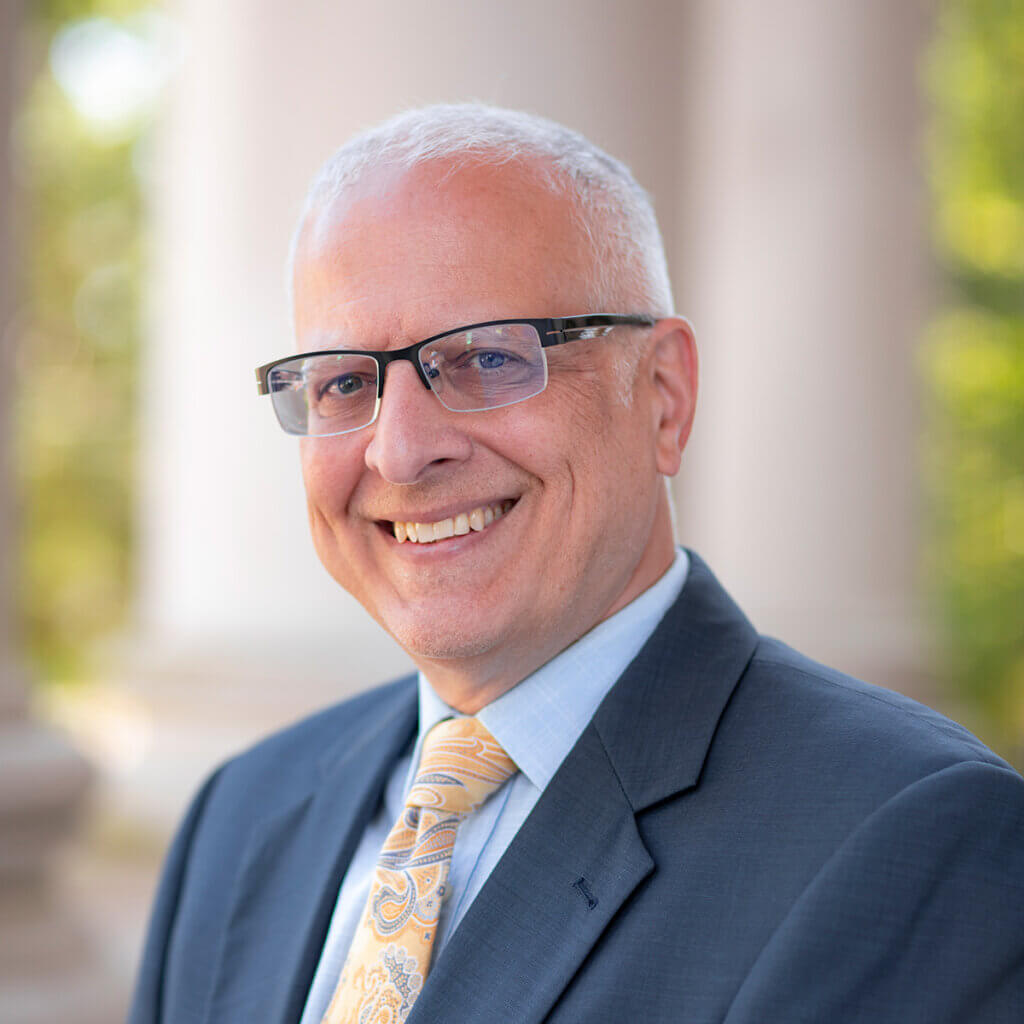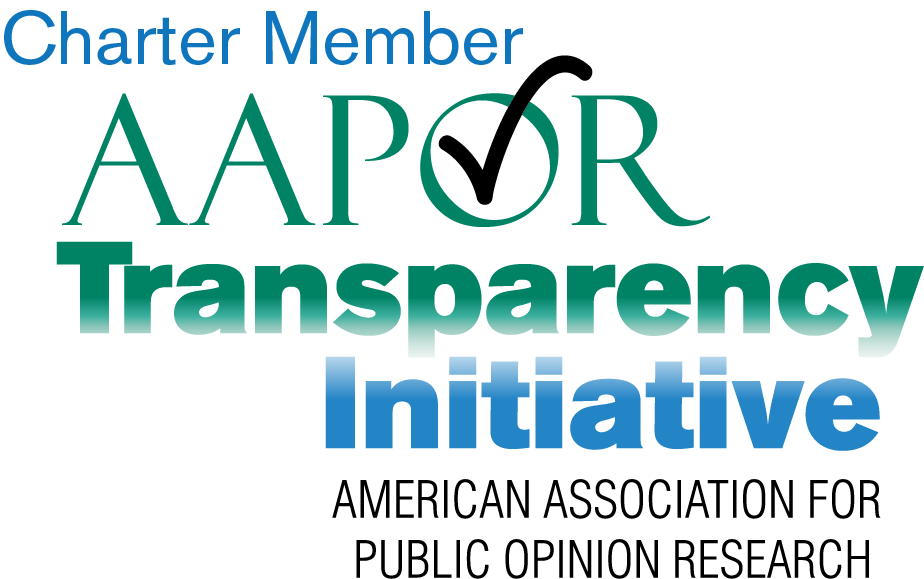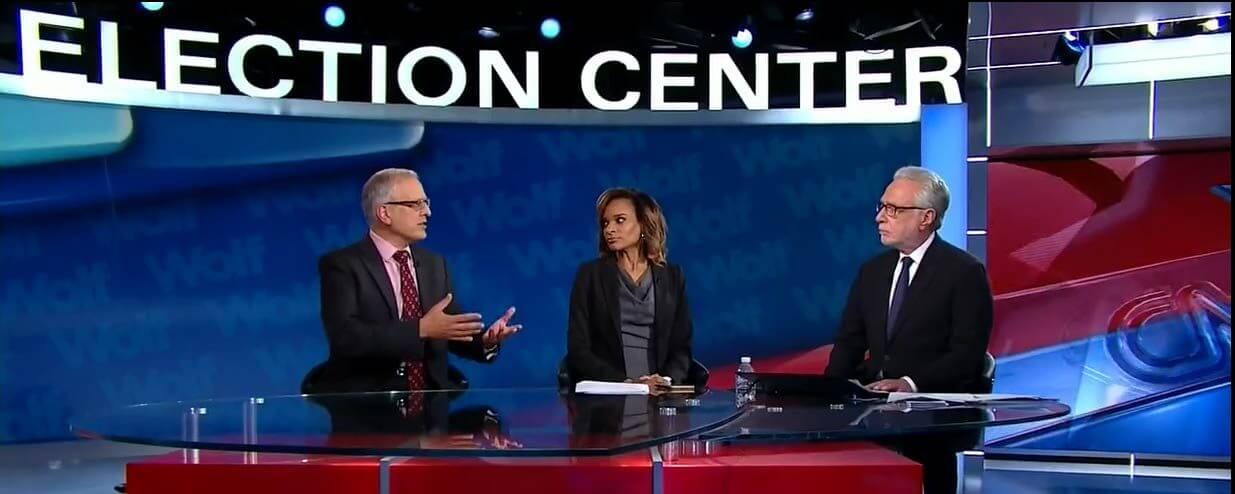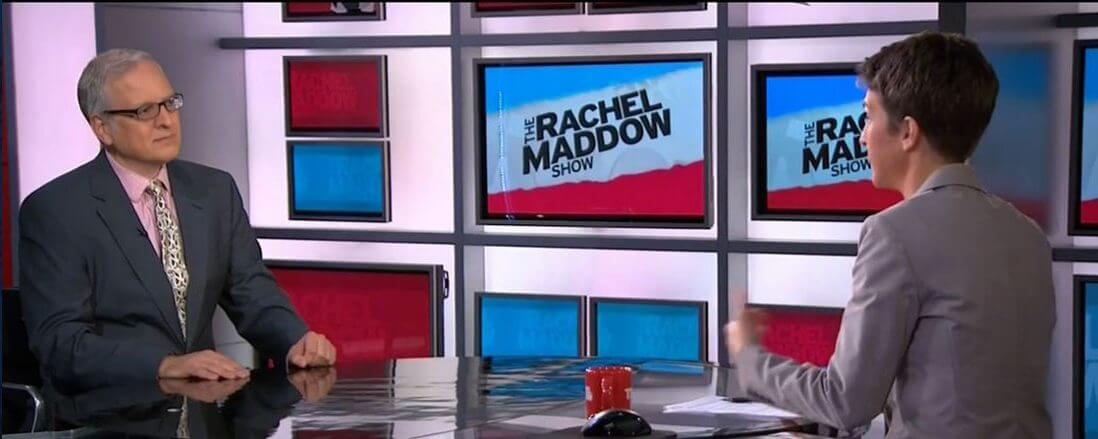About the Polling Institute
The Monmouth University Polling Institute was established to be a leading center for the study of public opinion on critical national and state issues. The Polling Institute’s mission is to foster greater public accountability by ensuring that the public’s voice is heard in the policy discourse.
The Monmouth University Polling Institute’s mission has three core components:
- Monitor public opinion on current issues.
- Collaborate with faculty and students to enhance research and training opportunities.
- Provide research that assists policymakers with planning and assessment.
The Monmouth University Poll is consistently rated one of the top polls in the country for both accuracy and transparency. The poll analysis website FiveThirtyEight ranked the Monmouth University Polling Institute as the 5th best in the nation out of more than 500 survey research organizations evaluated. The Asbury Park Press called Monmouth’s polling “freakishly accurate” for its coverage of New Jersey gubernatorial race and unprecedented special U.S. Senate election in 2013.

Director
Patrick Murray was named the Monmouth University Polling Institute’s founding director in 2005. He is frequently called upon by the media to provide commentary on polling and the political world, including appearances on CNN, MSNBC, Fox News, PBS, and National Public Radio. During federal election years, Murray also serves as a national exit poll analyst for major networks. In the institute’s home state, Murray has appeared on numerous Power Lists of the most influential people in New Jersey politics.
Public Research
Monmouth strives to go beyond the headlines, covering issues that affect people where they live. The Polling Institute conducts polls on political and policy issues as well as upcoming elections. In addition to regular national polling, Monmouth has conducted polls in more than twenty states.
The Polling Institute also provides research services focused on public policy issues as a service to the community while fulfilling its teaching and research mission. This includes projects such as the Superstorm Sandy Panel study, which annually tracks the recovery process among those hit hardest by the storm, and the New Jersey Municipal Website Rankings, which assessed the content and user-friendliness of more than 500 local government websites.
The institute staff has extensive experience conducting needs assessments, program evaluations, agenda-setting studies, and other research that gauges public reaction across a broad range of topic areas. Research capabilities include large and small-scale research projects, telephone, internet, and in-person survey design, as well as qualitative research techniques such as focus groups and in-depth interviews.
All public poll reports are available online. Interested members of the public can also receive these reports on the day they are released by signing up for our mailing list at the bottom of this page.
Mobile Information Privacy Statement
The Monmouth University Polling Institute respects your privacy. We will not share any mobile information you provide with any third parties or affiliates for marketing or promotional purposes. Text messaging originator opt-in data and consent will not be shared by us with any third parties unless required by law. Details of Monmouth University’s Privacy Policy are available online.

Monmouth University’s Polling Institute joins AAPOR in its commitment to greater transparency in the profession in order to improve public confidence in polls.
Past Interviews



Learning and Training
The Polling Institute is an integral part of the academic life of Monmouth University. The institute collaborates with faculty members from different disciplines to study the needs of local, state, and national populations. This is achieved through joint grant proposals and research contracts, developing curricula and courses that include research components, and hosting conferences and public events.
The Polling Institute provides opportunities for students to enhance their educational experience by working on survey projects as research assistants. The institute also provides resources and mentorship for students from various disciplines so they can use survey research in their own studies and extra-curricular activities.
Supporting Monmouth’s vision of delivering transformative learning opportunities, the Polling Institute has provided unique experiences through internships. Students who have benefited as interns believe their time also helped them better prepare for life beyond Monmouth.
